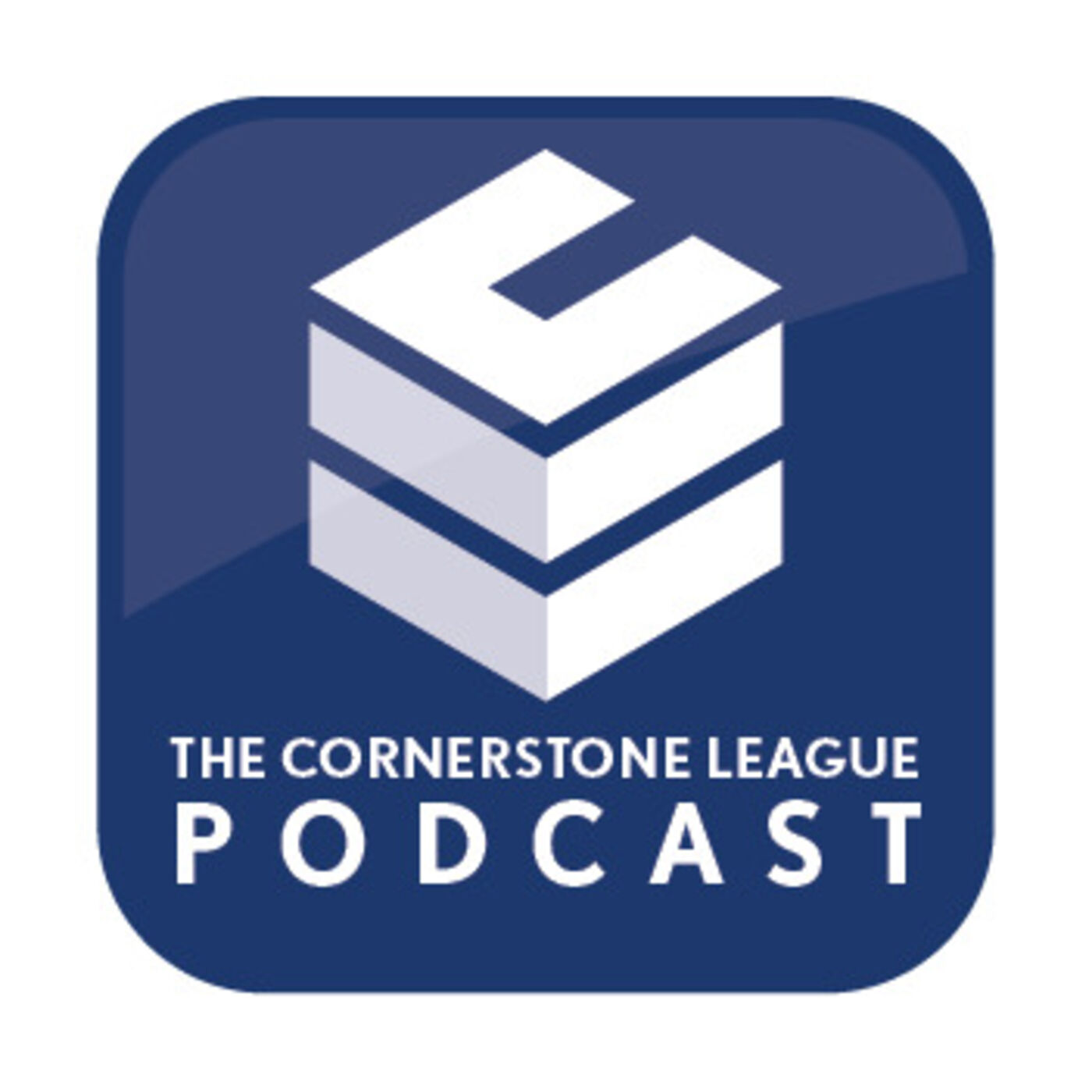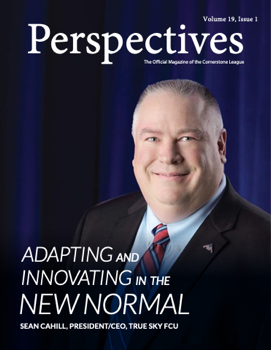

2 questions about helping members face today’s challenges
Leaders at cooperatives share how core principles are driving strategic thinking in their shops.
Credit unions provide access to basic financial services to people of modest means. This is why they exist. Forged by years of experience in helping members navigate waves of economic disruption, credit unions now face a new set of circumstances and opportunities.
The nation’s member-owned financial cooperatives have turned out a decade of unprecedented growth. Now, how can they respond to the dual challenges presented by a pandemic-battered economy and the imperative to ensure inclusion and equality in all aspects of social life, including financial?
Leaders from various credit unions have more than a few ideas about how the movement can help—from fee waivers, loan deferrals, new loan products, and payroll protection to volunteer tax return preparation, Habitat for Humanity projects, community partnerships for job development, and diversity, equality, and inclusion (DEI) initiatives. But most of all, these leaders emphasize the importance of adapting the core credit union mission of “people helping people” to today’s pressing circumstances.

Border Federal Credit Union
Maria Martinez has been president and CEO of Border Federal Credit Union ($193.3 million, Del Rio, Texas) since 1994.
CreditUnions.com: How can credit unions help Americans solve problems—such as unemployment, housing and education affordability, and economic inclusion—they face today?
Maria Martinez: Credit unions don’t see members as a number. Border FCU listens to members who face a hardship, and we offer all the traditional products and services a consumer needs; plus, we offer free financial counseling services to members and even to non-members who reach out to us for help. Our financial counselors are trained and certified to identify problem areas in people’s financial lives and develop tools and programs for someone to get back on track financially.
CU.com: Credit unions have always been known as financial rescuers and lately as financial first responders. This is because we are always there to help our members and our communities. How have recent events changed your thinking about these issues?
MM: It’s important we don’t forget the human factor. We need to be more hopeful, more committed, and more dedicated to the basic challenges of living in a complex environment.
Now more than ever we need to be well-equipped to serve our members’ financial needs. We must take into consideration their habits and in many cases the lack of access to resources or tools needed to transact business in a digital or automated environment.
Our members trust us. Many of them see us as their champion because, amid the recent events, we were always there for them. Our industry is more important than ever.

University Federal Credit Union
Heather McKissick joined University Federal Credit Union ($3.1 billion, Austin, Texas) in 2013 and has been senior vice president of community impact since 2019.
CU.com: How can credit unions help Americans solve the problems—such as unemployment, housing and education affordability, and economic inclusion—they face today?
Heather McKissick: First, credit unions can come from a place of deep empathy and focus on understanding not just what members but also our whole community is facing.
The fact the credit union movement was built on and around the concept of people helping people, especially those of modest means, is a spectacular foundation to stand on as we examine issues like housing, employment, education, financial inclusion, and financial democracy.
CU.com: How have recent events changed your thinking about these issues?
HM: Our board committed the credit union to addressing these issues in a two-year study that specified the areas in which we as a member-owned financial cooperative want and need to make an impact. In April 2018, our board concluded that two-year process by signing off on a motion that pivoted UFCU into being a social purpose credit union.
That thorough examination of the needs of our members and our community helped us identify three areas of particular need and became a strategic focus for us. These key issues—employment, education, and housing affordability—help drive financial health individually and across the community.
Since 2016, my entire job and our major focus as a credit union has been to examine how we can help the board achieve that vision. So, in that sense, not much has changed as a result of recent issues. We were already there.
What has changed is that, because of the pandemic, we’re approaching those issues through a lens of immediate need while at the same time not losing sight of the systemic issues that lie underneath those immediate needs.
This article appeared originally on CreditUnions.com and is the intellectual property of CALLAHAN & ASSOCIATES. No part may be reproduced, transmitted, distributed, published, or otherwise communicated, in printed form or electronically, without the express written permission of CALLAHAN & ASSOCIATES.
Subscribe
Sign up to the receive the weekly Leaguer email. Existing subscribers can manage their subscription.

